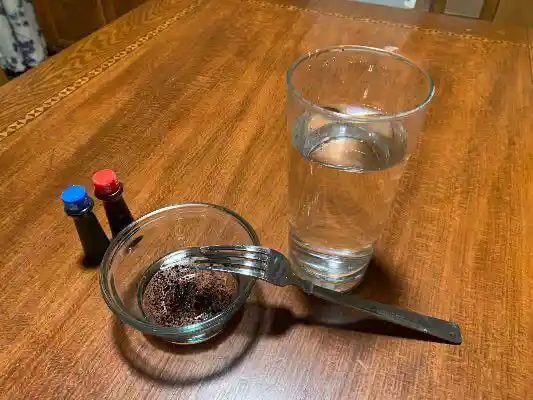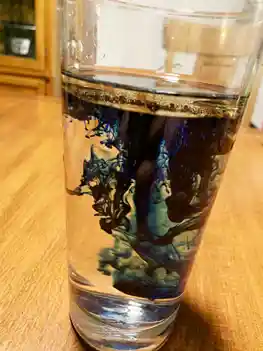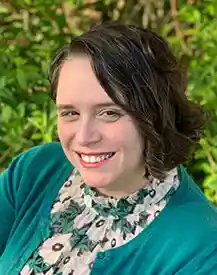Fire-less Fireworks

Fireworks in a jar? Yes, this fun fireless fireworks activity will enthrall preschoolers!
Ages/Grades
Toddler (with supervision & support)
Preschool
Early Elementary
Learning Domains
Sensory Exploration
Creative Arts
Fine Motor Development
Social-Emotional Development
Science & Nature
Language Development
Materials:
- • Jar or clear cup
- • Warm water
- • Vegetable oil or baby oil
- • Fork
- • Food Coloring
- • Eyedroppers
- • Construction paper or watercolor paper
- • Crayons
Ready, Set, Create!
![]() “Fireworks” in a Jar: This activity is perfect for practicing observational and comparison skills. Compare these water fireworks to the real thing without the loud noises and dangerous combustion!
“Fireworks” in a Jar: This activity is perfect for practicing observational and comparison skills. Compare these water fireworks to the real thing without the loud noises and dangerous combustion!
- • Fill your jar or cup ¾ full with warm water.
- • In a separate bowl add a few drops of food coloring to about 3 tablespoons of oil.
- • Stir it up to break up the large droplets of food coloring. The food coloring will not mix with the oil.
- • Slowly pour the oil into the water. Eventually the oil will form a layer at the top of the jar. The food coloring is more dense than the oil, so as the droplets move through the oil, they will “explode” into the warmer water below.

![]() Splatter Fireworks: This activity is a great way to practice making informed predictions.
Splatter Fireworks: This activity is a great way to practice making informed predictions.
- • Mix the water and food coloring. Make it nice and bright!
- • Tell your students that you will be dropping a single drop of water on the paper. Predict what will happen. Will the drop of water stay a drop or will it spread out?
- • Drip water from about 2 inches high. Examine the pattern left on the paper. Trace it with crayons to look closely at the shape.
- • Drip another drop of water onto the paper. Drip it from farther away from the paper - about 5-7 inches from the paper. Before you drip the water, ask the students to draw their prediction of what the “firework” splatter will look like?
- • Repeat from different heights to make splatter-works!
Engage Children in Conversation
- What happens as the food coloring touches the water?
- Does it remind you of the fireworks you might see in the sky?
- Are the colors mixing?
 Hollie is certified K-8 teacher who has been educating in the informal education field since 2005. She has developed and implemented countless exciting STEAM programs for families, classrooms, and teachers focused on the natural world, the scientific process, and ancient life. Her professional passions are inquiry, whole family learning, experiential learning starting in early childhood, and the intersection of literacy and science instruction.
Hollie is certified K-8 teacher who has been educating in the informal education field since 2005. She has developed and implemented countless exciting STEAM programs for families, classrooms, and teachers focused on the natural world, the scientific process, and ancient life. Her professional passions are inquiry, whole family learning, experiential learning starting in early childhood, and the intersection of literacy and science instruction.
She has recently developed a community-based program that encourages families to use dramatic play to learn science, increase literacy skills, and have fun together for which she received the Drexel University Presidential Award for Civic Engagement. She is most proud of her work on a popular science storytelling program for preschool families and classrooms that combines a book club format with engaging programs, innovative curriculum, and a hysterical puppet storyteller.
